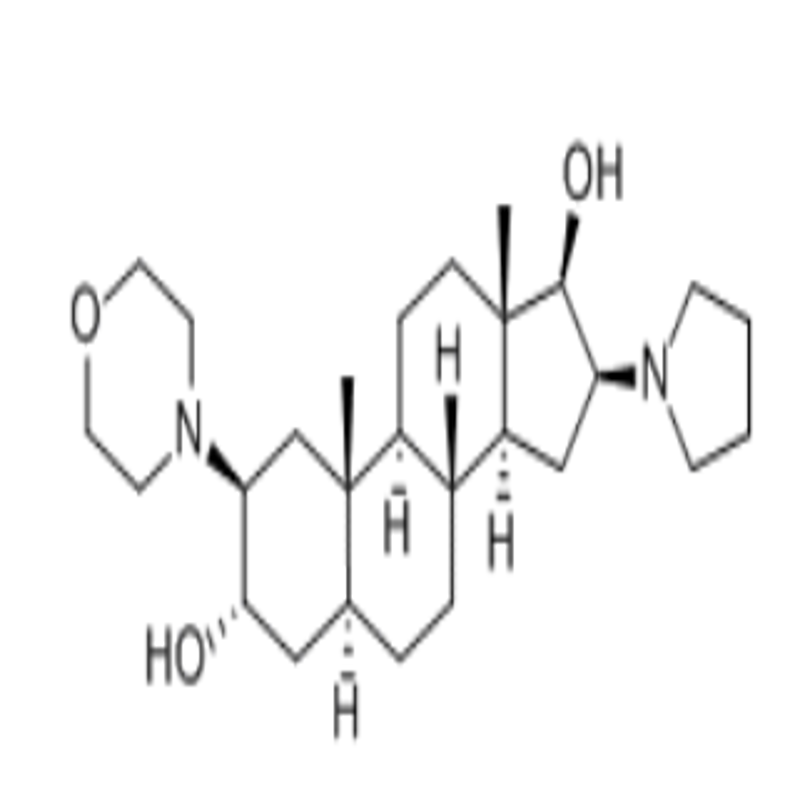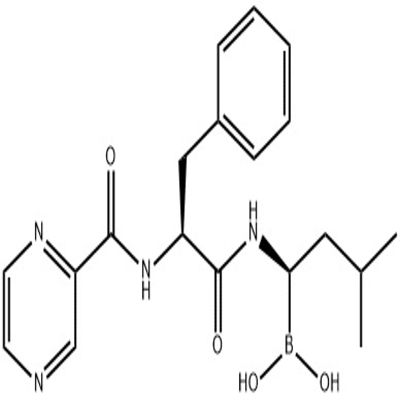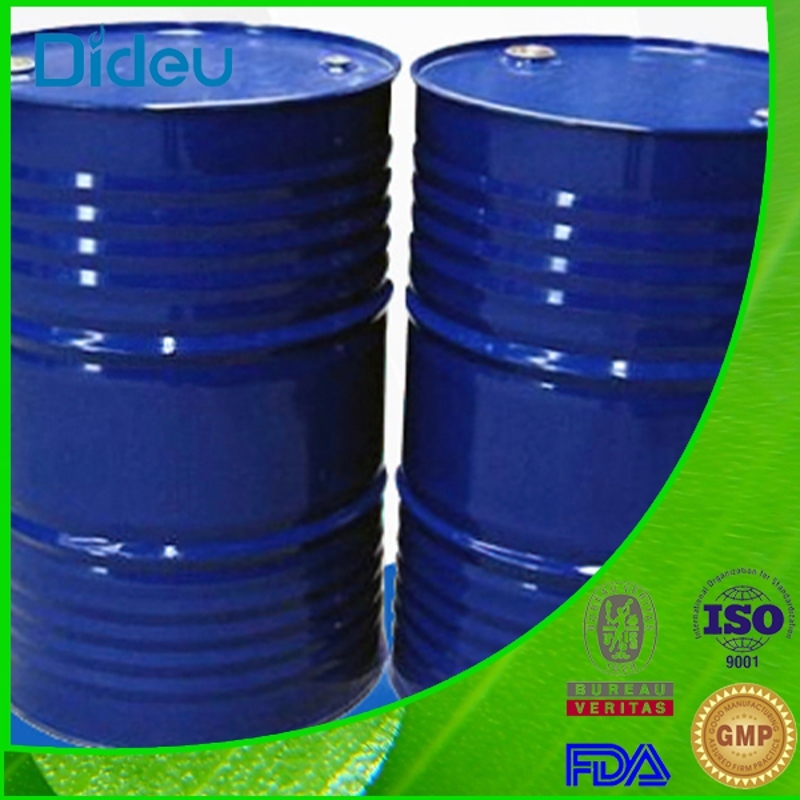-
Categories
-
Pharmaceutical Intermediates
-
Active Pharmaceutical Ingredients
-
Food Additives
- Industrial Coatings
- Agrochemicals
- Dyes and Pigments
- Surfactant
- Flavors and Fragrances
- Chemical Reagents
- Catalyst and Auxiliary
- Natural Products
- Inorganic Chemistry
-
Organic Chemistry
-
Biochemical Engineering
- Analytical Chemistry
-
Cosmetic Ingredient
- Water Treatment Chemical
-
Pharmaceutical Intermediates
Promotion
ECHEMI Mall
Wholesale
Weekly Price
Exhibition
News
-
Trade Service
Actinoquinol, also known as Co(1-ethyl-3-methylimidazolium) chloride, is a popular ionic liquid used in various chemical processes.
It has unique properties that make it ideal for a wide range of applications in the chemical industry.
One of the primary applications of Actinoquinol is in the extraction of natural products.
The use of Actinoquinol has been reported in the extraction of various natural products such as essential oils, flavor compounds, and phytochemicals.
It has been shown to be effective in the extraction of essential oils from various plant species, including mint, lavender, and eucalyptus.
Actinoquinol is also used in the extraction of flavor compounds from fruit and vegetable wastes, which can be used in the food and beverage industry.
Actinoquinol has also been used in the purification of natural products.
It has been used in the purification of antioxidants, such as resveratrol and quercetin, which are found in various plant species.
The use of Actinoquinol in the purification of these antioxidants has been shown to improve the yield and purity of the final product.
Another application of Actinoquinol is in the synthesis of organic compounds.
It has been shown to be effective in the synthesis of various organic compounds, including pharmaceuticals, agrochemicals, and materials.
Actinoquinol is particularly useful in the synthesis of compounds that are difficult to synthesize using conventional methods.
Actinoquinol has been used in the synthesis of various pharmaceuticals, including the anti-inflammatory drug ibuprofen.
It has also been used in the synthesis of various agrochemicals, including herbicides and insecticides.
The use of Actinoquinol in the synthesis of these compounds has been shown to improve the yield and purity of the final product.
Actinoquinol has also been used in the recycling of organic solvents.
It has been used in the recovery of various organic solvents, including acetonitrile and methanol.
The use of Actinoquinol in the recycling of these solvents has been shown to improve the yield and purity of the final product, and it is also an environmentally friendly process.
In conclusion, Actinoquinol has a wide range of applications in the chemical industry, including the extraction of natural products, the purification of natural products, the synthesis of organic compounds, and the recycling of organic solvents.
The unique properties of Actinoquinol make it ideal for these applications, and it is expected to continue to play an important role in the chemical industry in the future.







